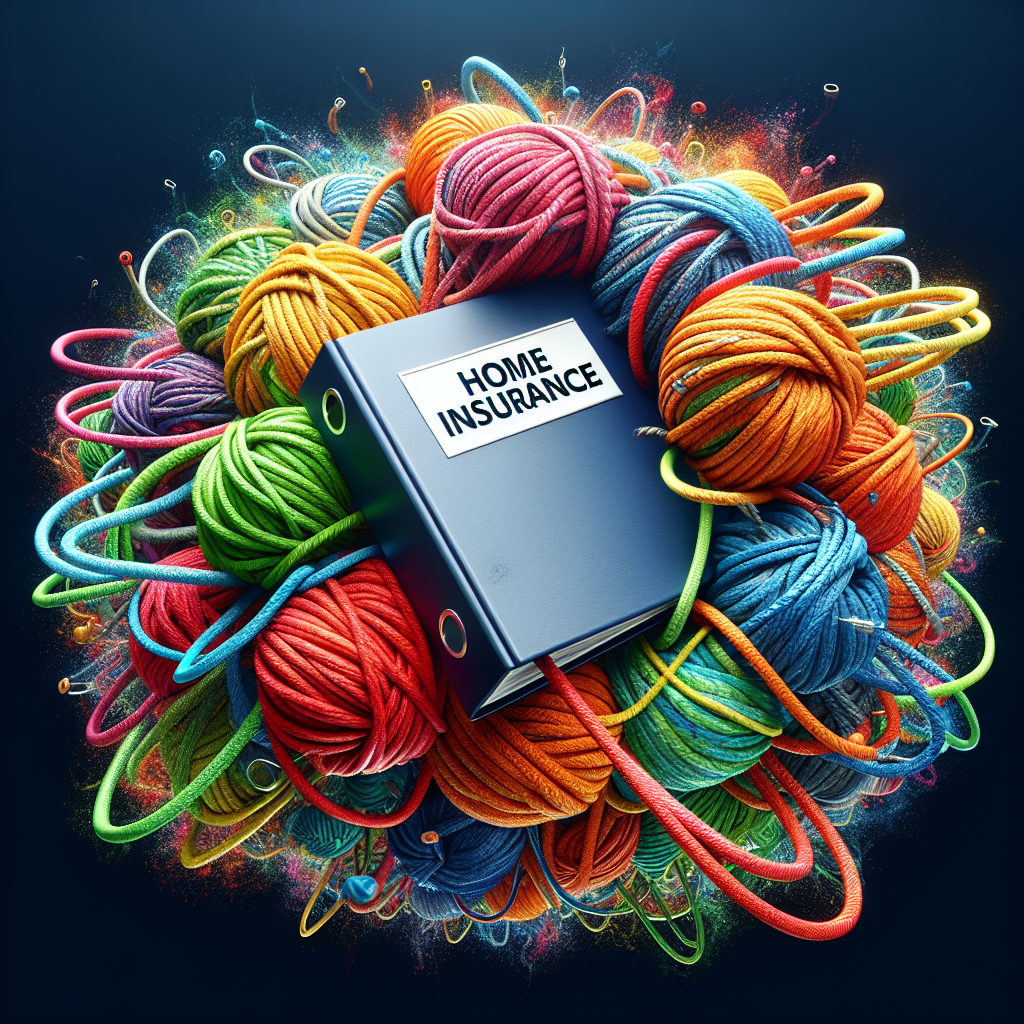Key Insights to Keep in Mind
- Typically, financial institutions lack the power to pluck money directly from your checking account to settle credit card bills.
- Exceptions exist—mainly when a court steps in with a formal ruling against you.
- If you’re skirting the edge of missed card payments, reaching out to your issuer and exploring alternative financial routes can shield your credit history from damage.
When Running Behind on Your Credit Card Is More Than Just a Headache
Failing to clear your credit card statement on time can spiral into a heap of troubles. Alongside denting your credit score significantly, the creditor usually piles on late fees that inflate your dues. Moreover, expect your interest rate to jump sharply, potentially turning your balance into a financial beast until you restore your account’s healthy status.
That said, bear in mind that banks don’t wield the unilateral right to yank funds from your linked checking account—no matter how tempting it might seem to them.
Can Your Bank Withdraw Money Without a Nod From You?
Even if your credit card and checking accounts are under one roof—say, both with Chase—the credit card issuer cannot simply dip into your checking funds to cover missed payments. This arrangement preserves your wallet’s autonomy, preventing banks from scooping funds at their whim.
That protective barrier can crumble if legal proceedings tip the scales in the bank’s favor. Below, we unpack how courts can tilt authority toward banks in these scenarios.
Banks and the Offset Rule: Why Your Credit Card Debt Stays Separate
The Fair Credit Billing Act (FCBA), a shield for consumers against dubious credit card charges, explicitly restricts banks from using your deposited funds against your credit card balance without consent.
In the statute’s own words:
“A card issuer may not take any action to offset a cardholder’s indebtedness arising in connection with a consumer credit transaction under the relevant credit card plan against funds of the cardholder held on deposit with the card issuer.”
This legal safeguard acknowledges that allowing offsetting funds would unfairly tip power to the bank’s side.
Still, there are exceptions. For instance, if you’ve authorized an automatic payment, your bank is allowed to pull from your checking to clear your card balance—unless you halt the auto-pay before it goes through.
Court Orders: When Banks Get the Green Light
Under certain conditions, a court judgment can empower a bank to seize funds from your account to offset credit card debt. Should the court’s ruling not block such offsetting, and if state laws don’t forbid it, your bank might legally claim money to satisfy your credit card dues.
| Credit Card Debt in the US | As of 2023, the average American carries over $6,300 in credit card debt, illustrating the widespread nature of this financial challenge. |
| Late Payment Impact | Missing a payment can slash your credit score by 100 points or more, heavily affecting borrowing potential. |
Heads up: The headquarters of your card issuer dictate which state’s laws come into play. So, even if your home state bars such fund seizures, your issuer might be governed by different rules depending on where it’s based.
Some credit card agreements may include a security interest clause on your bank accounts. This clause comes into effect only if you’ve signed off on it—usually to unlock better terms or credit limits—and the lender must notify you about it separately from the overall agreement.
If your account has been closed but you keep racking up charges, a card issuer might grab funds to cover post-closure purchases, though it cannot claw back money towards outstanding debts before closure.
Owing One Bank but Banking Elsewhere?
Even if your credit card debt is with one bank but your cash resides at a different financial institution, the same protections apply: without a court order or a legally justified exception, funds in other banks remain off-limits.
Treading Carefully: What to Do If You’re Falling Behind on Payments
Defaulting on your credit card isn’t just a temporary blunder—it scars your credit report for up to seven years. Yet, financial struggles can make timely payments unattainable.
Here’s a prudent action plan:
- Pick up the phone and call your card issuer. Ask about hardship programs—they might lower your payment burden or interest rate, but you won’t know unless you reach out.
- Think about debt transfers. Moving balances to cards with lower rates or seeking advice from nonprofit credit counselors can help you map out a practical strategy to get back on track.
Bottom Line: Stay Ahead Before Things Spiral
Your bank usually can’t simply seize cash from your deposit accounts to squelch credit card debt without a legal verdict. This protective barrier is a boon, but it shouldn’t lull you into complacency.
Address payment troubles head-on—communicate with your lender and consider reshaping your finances. Doing so could safeguard your creditworthiness and help you avoid harsher fallout.



